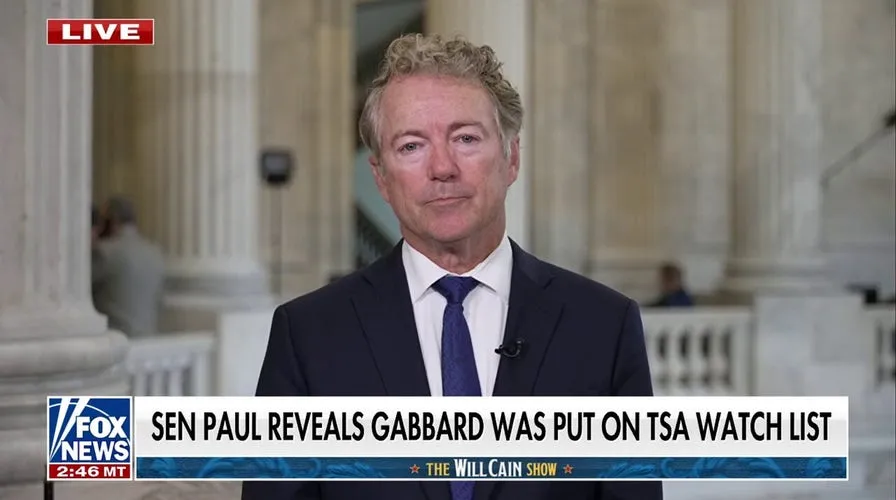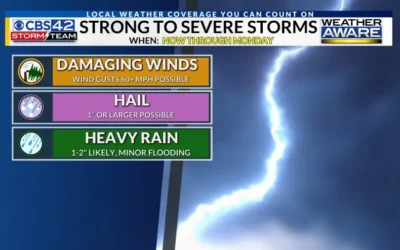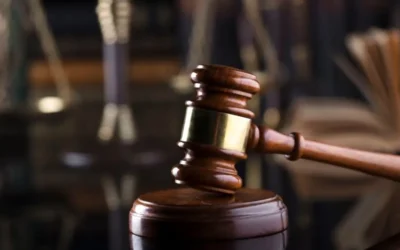Introduction
The recent termination of the Department of Homeland Security’s (DHS) ‘Quiet Skies’ program marks a pivotal moment in the ongoing conversation about privacy, surveillance, and national security within the United States. Governor Kristi Noem is among the vocal supporters of this decision, which effectively ends an initiative that many critiqued as an infringement on civil liberties. The DHS announced the discontinuation of the program amid rising concerns over its potential for weaponization and misuse.
The ‘Quiet Skies’ Program: A Brief Overview
Established during the Trump administration, the ‘Quiet Skies’ program was intended to monitor individuals who had not been placed on any watchlist but who were deemed as potential risks to travelers. This initiative was operational across multiple U.S. airports, allowing federal agents to surveil passengers based on a set of criteria that raised eyebrows among civil liberty advocates.
Critics of the program argued that it lacked sufficient oversight and transparency, which could lead to unjust targeting of innocent individuals. The initiative operated with little knowledge from the public, raising questions regarding how such surveillance could be implemented without infringing on the rights of American citizens.
Kirsti Noem’s Advocacy for Privacy
Kristi Noem, the current governor of South Dakota, has made her stance clear on the issue of government surveillance and personal privacy. Her administration echoed the sentiments of many who opposed the program: that it represented government overreach into personal lives. “I am proud to support the end of a program that threatens the freedoms of our citizens,” she stated in a press release.
Noem’s engagement on this issue demonstrates her commitment to protecting the privacy of individuals and ensuring that government actions prioritize civil liberties. As a Republican leader, her opposition to a program initiated within a previous Republican administration reflects a nuanced understanding of the balance between security and personal freedom.
Concerns Over Weaponization
The termination of the ‘Quiet Skies’ program comes on the heels of increasing fears concerning the weaponization of surveillance technologies. Critics not only questioned the ethical implications of monitoring individuals without due process but also pointed out that such a program could easily be misused for political purposes or target marginalized groups.
With social movements advocating for racial equality and civil rights gaining momentum, many activists were particularly concerned that such surveillance could exacerbate existing tensions and deepen systemic injustices. The government’s use of surveillance could present risks that extend beyond just privacy violations; it could also become a means of suppressing dissent.
The Fallout from the Program’s Termination
The end of the ‘Quiet Skies’ program is a moment of victory for civil liberties advocates who fought against what they felt was an unjust system of monitoring. However, it also raises questions regarding how national security will be handled in the future without such mechanisms. Many opponents assert that the end of this program does not mean an end to the government’s need to ensure safety—instead, it calls for creating more comprehensive and just systems of security vigilance.
This entails focusing on robust intelligence-gathering practices that respect citizens’ rights while maintaining a commitment to public safety across the country. A balance must be struck to ensure that the rights of all citizens are upheld while still addressing valid security concerns.
The Future of Air Travel Security
As the conversation around airport security evolves, many stakeholders—ranging from policymakers to passengers—are now called upon to think critically about how to enhance security protocols without compromising individual privacy. Experts point out that the elimination of the ‘Quiet Skies’ program can lead to a more transparent and ethical approach to national security.
Some recommendations for a new direction in airport security may include updating the criteria for watchlist placements, implementing community oversight, and improving technology used in surveillance to ensure it is compliant with civil liberties. Ensuring accountability and transparency in whatever security practices replace the ‘Quiet Skies’ initiative will be paramount.
The Broader Implications for National Security
The conversation surrounding the termination of the ‘Quiet Skies’ program illustrates larger national conversations about the role of government in the lives of citizens in an era marked by technological advancement and increasing concern over security threats.
As the debate over surveillance continues, it’s vital for officials to demonstrate a clear commitment to protecting citizen rights while confronting valid security risks. Noem’s vocal stance, combined with the actions taken by the DHS, reflects a broader trend of accountability that could shape future security policies moving forward.
Conclusion
The termination of the TSA ‘Quiet Skies’ traveler surveillance program is more than just a policy shift; it is a recognition of the need to balance individual freedoms with national security needs. Kristi Noem’s position and advocacy against the program showcase the growing calls for transparency and a thoughtful approach to protecting privacy as we navigate the complexities of safety in our society. As we look to the future of air travel and security, the lessons from this initiative could pave the way for more just and equitable systems.







